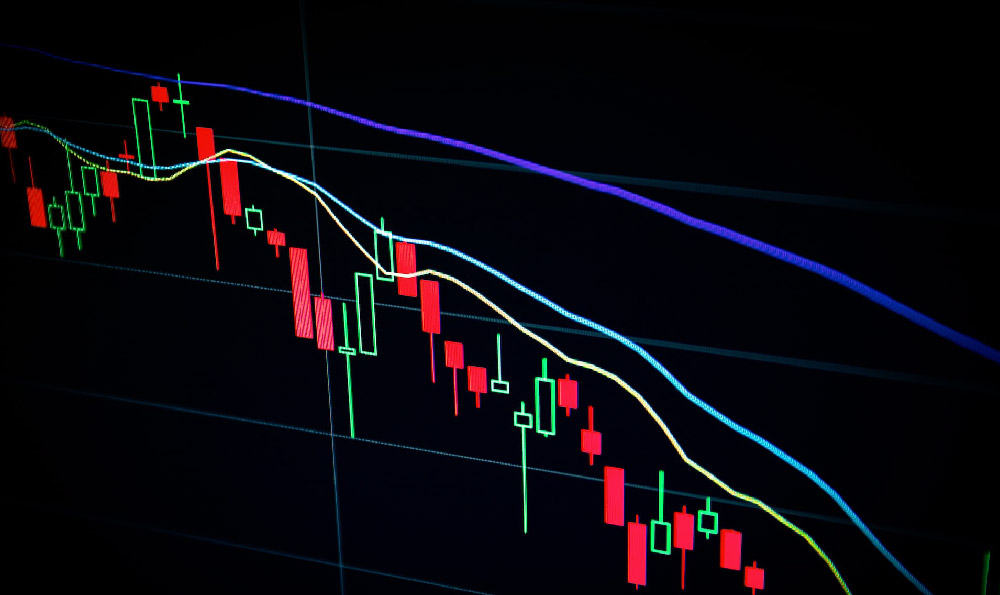Okay, I understand. Here's an article exploring David Tepper's wealth accumulation, keeping in mind the requested parameters:
David Tepper's name is synonymous with hedge fund success, and his immense wealth begs the question: how did he amass such a fortune, and what factors contribute to its scale? The answer lies in a combination of sharp analytical skills, a contrarian investment philosophy, a knack for identifying undervalued assets, and a career trajectory perfectly aligned with key market opportunities.
Tepper's journey began with a solid foundation. After earning a degree in economics and a Master's in Industrial Administration from Carnegie Mellon University, he cut his teeth in the world of finance at Republic Steel, handling distressed debt. This early exposure proved invaluable, providing him with a deep understanding of credit markets and the intricacies of corporate restructuring. This experience, often overlooked, formed the bedrock of his later investment strategy. He wasn't just looking at earnings reports; he was dissecting balance sheets, assessing risk, and understanding the anatomy of financial distress – skills that would later prove crucial in identifying lucrative opportunities others missed.

The turning point in Tepper's career arrived when he joined Goldman Sachs in 1985. He spent eight years in their high-yield department, specializing in bankruptcies and distressed debt. It was here that he truly honed his skills, becoming known for his ability to analyze complex financial situations and predict market movements with remarkable accuracy. He wasn't simply following the herd; he was developing his own independent perspective, a critical trait of successful investors. He learned to identify opportunities where the market had overreacted, creating an imbalance between price and intrinsic value. This contrarian approach, buying when others were selling and selling when others were buying, became a hallmark of his investment style.
In 1993, Tepper took a leap of faith and founded Appaloosa Management. This was a crucial step. He wasn't just a talented analyst anymore; he was now responsible for making investment decisions that would directly impact the performance of his fund and the wealth of his clients (and ultimately, himself). The timing was fortuitous. The early to mid-1990s were a period of significant economic growth and market expansion. Appaloosa quickly gained a reputation for delivering exceptional returns, attracting significant capital and further fueling its growth.
Appaloosa's success can be attributed to several key factors. Firstly, Tepper's expertise in distressed debt remained a cornerstone of his strategy. He continued to identify undervalued companies facing financial difficulties, buying their debt at discounted prices and profiting as they restructured and recovered. This required a deep understanding of bankruptcy law, corporate finance, and the specific industries in which these companies operated. Secondly, Tepper demonstrated a remarkable ability to anticipate macroeconomic trends and adjust his portfolio accordingly. He wasn't just a bottom-up investor, focusing on individual companies; he also had a keen awareness of the broader economic landscape and how it would impact his investments. This allowed him to position his fund to capitalize on emerging opportunities and mitigate potential risks.
The 2008 financial crisis proved to be a particularly pivotal moment for Tepper and Appaloosa. While many investors suffered significant losses, Tepper saw an opportunity. He recognized that the market had overreacted to the crisis, creating unprecedented bargains in the debt markets. He aggressively bought distressed assets, including bonds of major financial institutions, betting that the government would intervene to stabilize the system. This bold bet paid off handsomely, generating billions of dollars in profits for Appaloosa and cementing Tepper's reputation as one of the most astute investors of his generation. His ability to remain calm and rational amidst the market chaos, to see through the fear and identify opportunities, was instrumental in his success.
The sheer scale of Tepper's wealth also stems from the performance-based compensation structure common in the hedge fund industry. Hedge fund managers typically earn a percentage of the profits they generate for their clients, in addition to a management fee. Appaloosa's consistently high returns have allowed Tepper to accumulate a substantial personal fortune through this incentive-based system. The more money his fund made, the more he made personally, creating a powerful feedback loop that fueled his wealth accumulation.
Furthermore, Tepper has consistently demonstrated a willingness to take calculated risks and to concentrate his investments in a few key positions. He isn't afraid to bet big on his convictions, a strategy that can lead to outsized returns when successful. This boldness, combined with his analytical rigor and deep understanding of financial markets, has been a key ingredient in his success.
In conclusion, David Tepper's immense wealth is a product of his exceptional skills in analyzing distressed debt, his ability to anticipate macroeconomic trends, his contrarian investment philosophy, and his willingness to take calculated risks. His early experiences, his strategic decisions at Goldman Sachs, and his masterful navigation of the 2008 financial crisis all contributed to his remarkable success. He didn't simply stumble into fortune; he built it through a combination of hard work, intellectual curiosity, and a relentless pursuit of opportunities that others overlooked. The compensation structure of the hedge fund industry then magnified these successes, transforming shrewd investments into a truly remarkable personal fortune.












